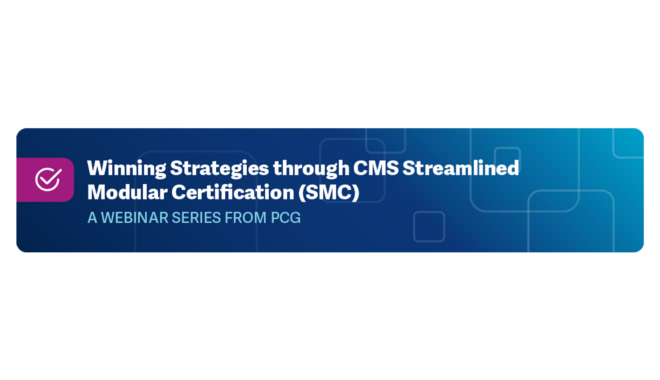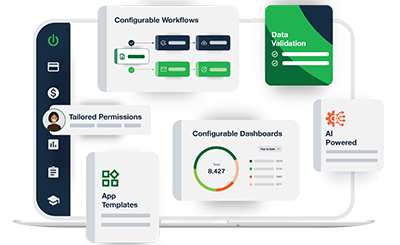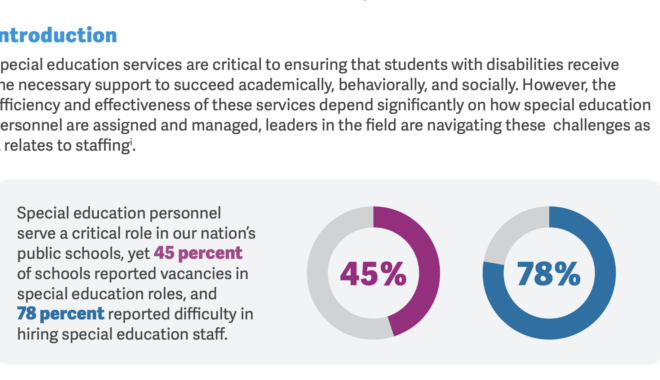News and Media

“Helping states and counties navigate the electronic health records (EHR) world is complex. Over the years, PCG has a achieved a proven track record of supporting facilities and health care organizations, specifically those servicing mental, behavioral, and public health…”
Andrew Heaney
Associate Manager, Health
Public Consulting Group
“We have released PCG’s Economic and Concrete Supports Services Manual to help human services agencies and organizations develop services that deliver direct economic and concrete supports to families. These solutions, based on proven research, are advised to reduce child abuse and neglect and help strengthen families and communities. We’re thrilled to contribute to this invaluable work.”
Heather Baker
Manager, Human Services
Public Consulting Group
“A project management office (PMO) in an organization is extremely valuable, but there isn’t a one-way approach to creating it. PCG understands this and focuses on best practices. PCG has developed a comprehensive PMO toolbox from which we carefully select artifacts and assessments to leverage and provide recommendations based on clients’ specific needs.”
Mark English
Information Technology (IT) Project Manager, Health
Public Consulting Group
“At the start of my professional life, I didn’t expect to have a 30-year career in business development, but I’m sure glad I found this path with PCG. Since joining the Human Services team in 2008, I have had so many wonderful opportunities to grow my career due to my involvement in proposals, capture planning, team building, and training—all of which are essential pieces of the procurement puzzle for public sector projects. It’s been a wonderful ride so far!”
Leigh Ann Newman
Communication and Administration Manager, Human Services
Public Consulting Group
“Since PCG was awarded a U.S. General Services Administration (GSA) Multiple Award Schedule (MAS) to become an approved federal contractor in 2020, we have been building and expanding our footprint in the federal space—through GSA and non-GSA opportunities—as a prime vendor and subcontractor…”
Kaitlyn Crone, MBA
Senior Consultant, Federal Marketplace
Public Consulting Group










